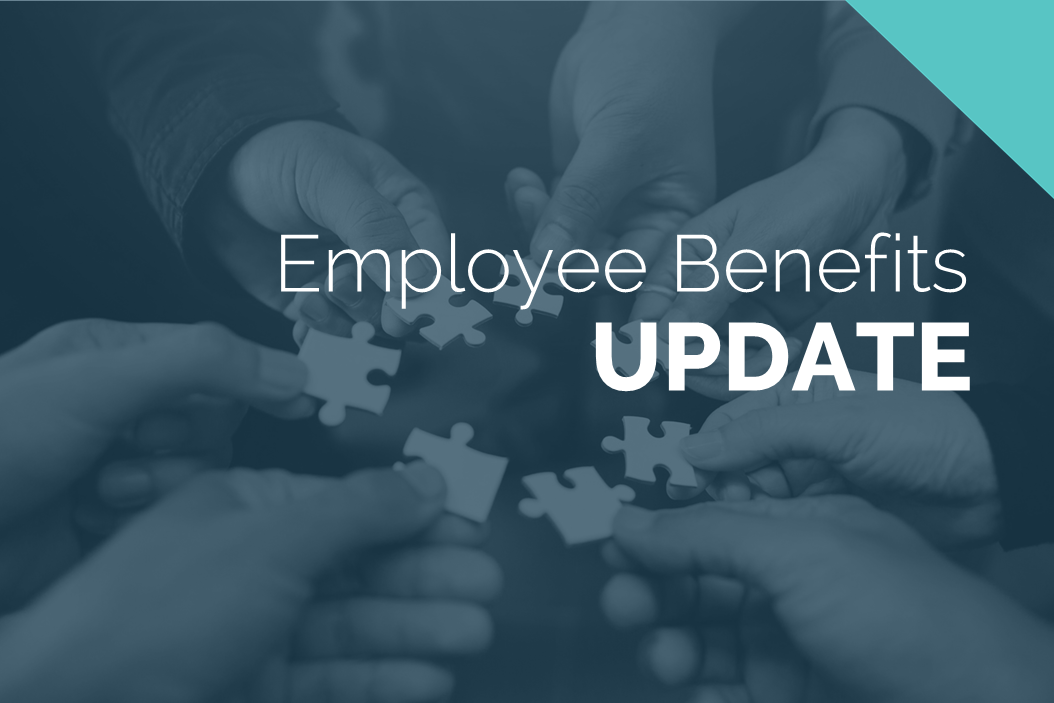Effective May 21, 2023, P&N has joined EisnerAmper. Read the full announcement here.

Most of you are probably familiar with the Dr. Seuss book Are You My Mother? In the book, the reader follows a baby bird's quest to find his mother, as he asks everyone and everything he meets, "Are you my mother?" Unfortunately, tax law requires a similar quest when determining whether children are dependents for medical purposes.[1] Depending on the medical situation, taxpayers are required to ask, “Are you my dependent?”
While age may be just a number, it certainly matters when determining your dependents for health insurance purposes.
You may be wondering why determining whether your children are dependents is necessary since the elimination of the dependency exemption during recent tax reform efforts. While the dependency exemption was suspended for current tax years, it is still important to know whether a person qualifies as your dependent for the general exclusion from income for employer-provided reimbursements made directly or indirectly to an employee for the medical care of the employee’s dependents. Specifically, this provision allows for an exclusion from income for amounts received through employer health plans. In addition, the exclusion applies to reimbursements through a Health Savings Account (HSA). Thus, if your children are not your dependents, then the employee benefits received through your employer’s health plans or HSA reimbursements for your children should be included in your taxable income.
Previously, when determining whether the taxpayer’s children were dependents for tax purposes, the taxpayer had to consider the age limit, residency, support, and other tests. However, age is currently the only relevant factor when determining whether a person is a dependent for medical purposes.
What are the age limits for a child to qualify as a dependent for medical purposes?
The age limit varies depending on the type of health plan that is being discussed. With the passage of the Affordable Care Act (ACA), the law expanded the age of healthcare coverage to an adult child from age 19 to age 23, or, if attending college, to age 26. Thus, an employer’s health plan must offer coverage to the employee’ s adult children until age 26, or the employer must pay an excise tax. However, the expansion of the coverage requirement does not parallel the gross income exclusion rules for employer-provided reimbursements amended by the ACA.[2] For health plans, the gross income exclusion rules were generally expanded to include adult children under age 27 at the end of the tax year (December 31). Thus, employers can provide tax preferred coverage to adult children beyond age 26, but cannot provide direct healthcare coverage under an employer-provided plan past a dependent’s 26th birthday.
Wouldn’t it be nice if your employer plan provided coverage through the end of the tax year for your adult child, rather than sending them scrambling to find alternative coverage midyear? While this dream cannot come true for those that sponsor fully insured health plans (as the insurance company controls the plan document), those that sponsor self-insured health plans can align the different dependency age limits for easier plan administration.
This misalignment between the age-limit employer-provided insurance coverage and the exclusion for employer-provided health reimbursements creates a predicament in the already complicated area of health insurance administration. Thus, while age may be just a number, it certainly matters when determining your dependents for health insurance purposes.
If you have questions about determining who you should list as dependents for tax purposes, reach out to your P&N tax advisor or contact us to discuss your situation.
[1] Children include step-children, adopted children and eligible foster children.
[2] These health plan Code sections include §§ 105(b), 401(h), 501(c)(9), and 162(l).



